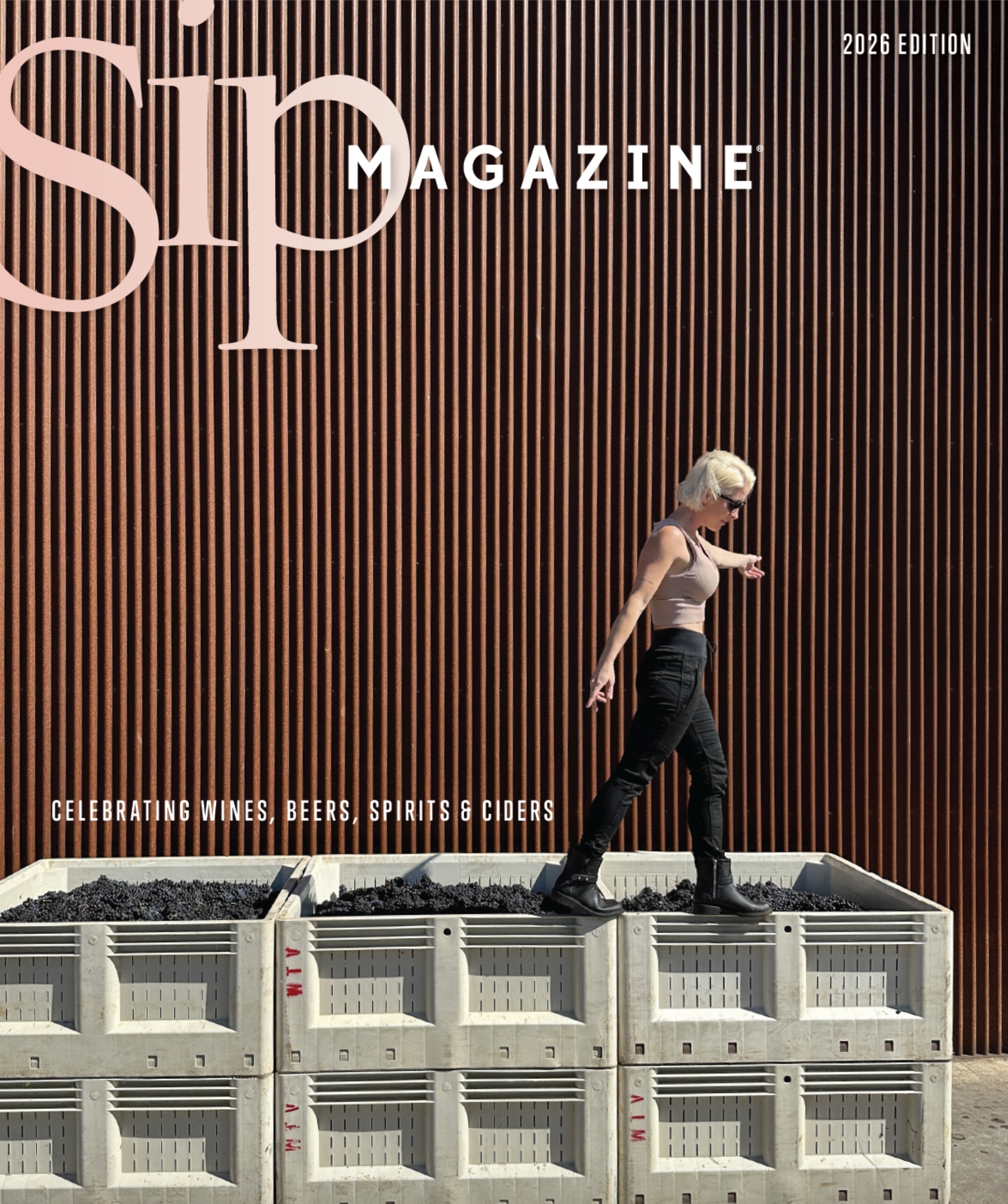Once upon a time, herbal liqueurs were actually stuff of medicine. And the stuff of religion for that matter. (Take that, Christian Temperance Movement!) In the days when medicine was not flavored like Flintstone’s vitamins, healers had to figure out another way to make the medicine palatable. Some early accounts have Italian monks concocting herbal liqueurs as early as the 13th century for use in medical practices. Although the modern day validity of such “medicines” are questionable to say the least, the solution at the time was to infuse the unpalatable, or unpleasant herbs with a sweet liqueur. The resulting concoctions would go on to change the face of the alcoholic world forever.
Herbal liqueurs cover the spectrum from off-dry to extremely sweet, with the only real requirement being that it needs to have above 2 percent residual sugar. Any herb or spice you can imagine can find their way into a liqueur. Rosemary? Sure. Lemongrass? Easy. Ceylon tea leaf? Now we’re talking!
While herbal liqueurs have never quite attained the high level of popularity in America that they enjoy throughout Europe, the niche market for these unique tasting liqueurs has been growing. Herbal liqueurs produced across the country are still few and far between, but growing popularity is lending to their numbers increasing—especially in the Northwest where there is a plethora of herbs and botanicals to creative with. Here are seven to sample.
Herbal Liqueur No. 7—McMenamins, Portland: McMenamins’ Edgefield Distillery takes advantage of their numerous estate gardens to bring forth the Herbal Liqueur No. 7. A day spent out at the large and scenic McMenamins lodge of the same name can feature everything from excellent wine, beer, a round of golf and a wide selection of estate produced spirits. Utilizing a signature (and secret) blend of herbs, the Herbal Liqueur No. 7 features bold flavors of cinnamon, mint and caraway, balanced with sweetness of birch syrup. This liqueur is a great for cocktails, or for evening sipping while enjoying the view at your Edgefield hotel room.
Calisaya—Elixir, Eugene, OR: Taking a cue from the Old World of his origin, Eugene resident and Italian immigrant Andre Loreto sought to fill the hole in the U.S. market by introducing a staple of the Italian drink scene to the states. The Florence-born Loreto produces his own version of the Calisaya, a bittersweet liqueur made with cinchona bark and an array of botanicals and flowers. Flavors are bold, with pronounced bitter orange and winter spice, balanced by the dry, black bitterness of the cinchona bark. Loreto has recently began development of a second Italian style liqueur, the Iris, and both products can be found on the West Coast, and in select locations throughout the country.
Tea Spirit No. 2—Thomas & Sons Distilling, Portland: “Distilled from Tea”—pairing together two of the greatest things in liquids in the world, the people behind Portland’s Townshend Tea Co. unveiled their new brand Thomas & Sons Distillery in February. The Tea Spirit No. 2 utilizes single estate Ceylon black tea and cane sugar, to make spirit with flavors of black tea, currants, dark chocolate, cane sugar and mandarin orange peel. Since premiering the line, the overwhelmingly positive response has led to the company expanding their brands, with plans to release numerous additional herbaceous spirits in the near future currently in the works.
Depth “Vow of Silence” Herbal Liqueur—Sound Spirits, Seattle: The only thing we can tell you for sure about this liqueur, is that the recipe’s a total secret! Distiller/founder Steven Stone, a former employee of Boeing, tracked down the secret French recipe soon after opening Sound Spirits in 2008. On the palate, notes of cardamom, mint and forest tones, with just a hint of flowery flavors, makes for a deductive tasting mystery not for the faint at heart. A visit to their tasting room can feature tastes from any number of their award winning spirits, as well as an informative tour of the first distillery to open in Seattle since Prohibition.
Lemon Verbena Liqueur—Sidetrack Distillery, Kent, WA: Producing the unorthodox seems to be the modes operandi for Sidetrack Distillery. The original aim was simple, figure out a way to utilize the local produce of the Green River in a spirit form. The result has been some stellar, award-winning brandy, fruit and herb liqueurs. The Lemon Verbena liqueur was created after years of trial and error, but the resulting liqueur is on more then a few “must try” lists. Made from flowering lemon verbena plants grown on the distillers’ own farm in Kent, the flavors are rich, herbal, vegetal, citrusy and floral.
broVo Amaro No. 4—broVo Spirits, Woodinville, WA: Amaro is the traditional herbal liqueur of Italy, and has found quite a following half-way around the world in Woodinville, Washington. broVo first picked up on amari after a somewhat failed attempt at producing a rhubarb liqueur—an endeavor that, while unfortunate, did led them to gain some worthy advice from local Seattle bartenders who asked if they would make amari instead. Thus an industry was formed, producing a whole line of amari, each on done in collaboration with a different nationally-renowned bartender. The broVo Amaro No. 4, made in collaboration with Patrick Haight of the Snoqualmie Casino, starts out with the smell of sweet eucalyptus, while on the palate an intense hibiscus flavor and a spicy cayenne finish.
Honeysuckle—Salish Sea Organic Liqueurs, Lacey, WA: Striving to fill a hole in the market by offering organic herb, flower and spice focused liqueurs, the father-and-son duo of Sandy and Sam Desner launched Salish Sea Organic Liqueurs in this niche market in January, and the results so far have more then exceeded expectations. Their Honeysuckle liqueur has flavors of (you guessed it) honeysuckle, along with a sweet and nutty flavor that makes it a stellar inclusion in cocktails. Made with organically produced dried honeysuckle, this liqueur is only one in a long line of organic liqueurs Salish Sea currently boasts, with more (and more) on the horizon.














